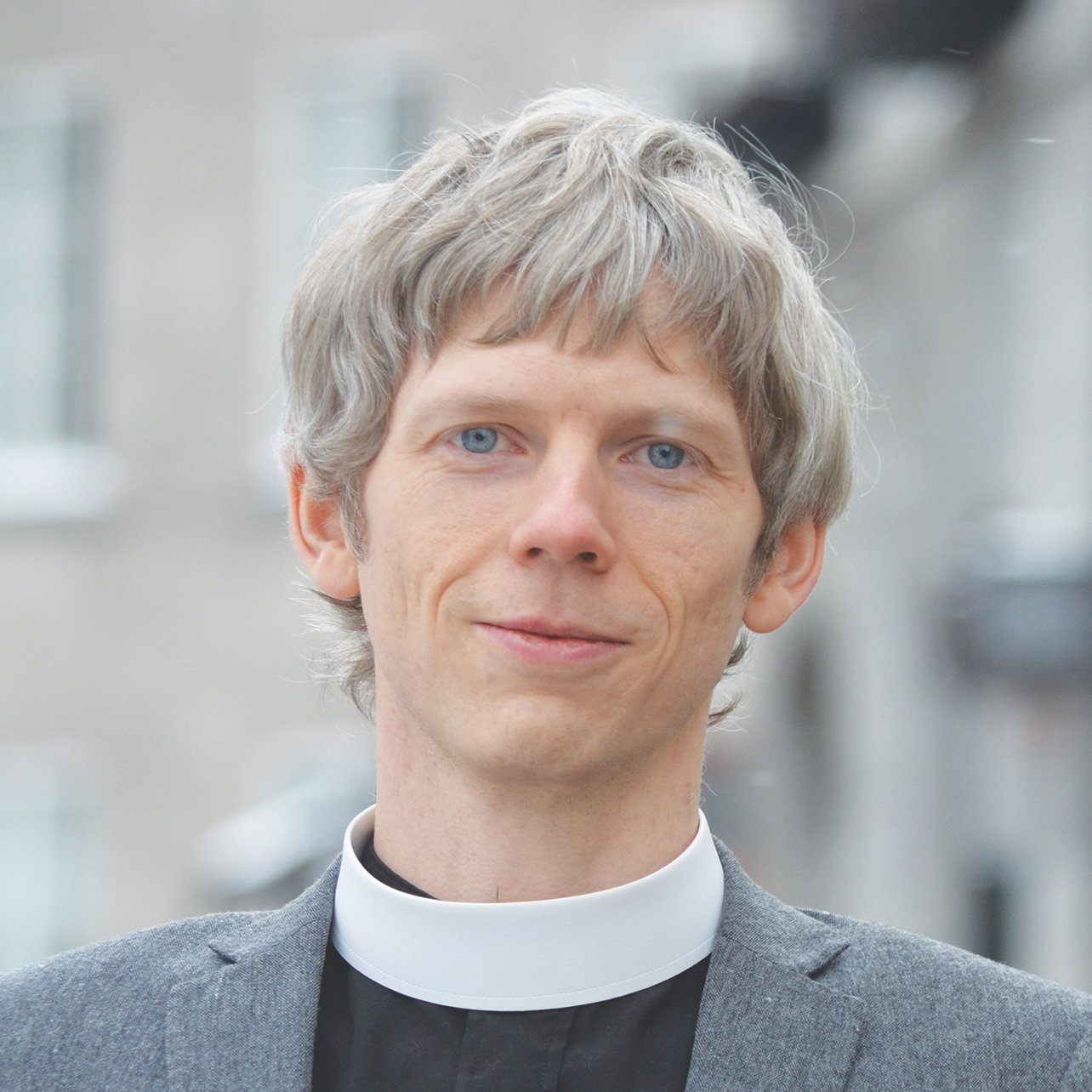 Several weeks into my first tree-planting season, the company I had been working for finished its spring contract early, closing our camp and laying off my crew for a few weeks until the summer contract began.
Several weeks into my first tree-planting season, the company I had been working for finished its spring contract early, closing our camp and laying off my crew for a few weeks until the summer contract began.
Worried that we would quickly spend on hotel fees and restaurants the money we had painstakingly raised for our studies through blood, sweat and blackflies, we had our company leave us in a provincial park near a small logging town. Living in the campground and eating only rice, lentils, apples and peanut butter, we managed to keep our expenses to a minimum.
Never quite knowing when our company would be back to pick us up, every few days we would walk from the park to the small logging town to replenish our stock of peanut butter at the local general store.
Tree planters were not always welcome in these small towns. As many migratory workers experience, we carried a reputation of unlawfulness. We were strangers unbound by the restraints of ongoing relationships, of the “civility” born of settlement.
At times, some planters did embody this stereotype. Dressed in ill-fitting, muddied and tattered clothing, with a dishevelled beardedness that exposed the meticulously groomed stubble of the hipster as the lie it is, some would take pride in standing apart from the “townies.” Of course, there were the planters who drank loudly, got high and tipped low. But there were also the quiet ones, the generous ones and even the sober and hygienic ones.
In contrast with the stereotype, my crew was predominantly made up of theology students whose idea of a good time revolved around debating ecclesiology over a fresh cup of fair trade coffee (where such rare luxuries could be found). Nevertheless, the stereotype would follow us wherever we went, leaving some townspeople with the impression that they knew who we were without offering us more than a second glance.
So it was with some surprise that, while we were hiking to the general store for peanut butter, one of the few members of our crew who was not a Christian asked us to take her to the small town’s church that Sunday.
“I keep hearing you talk about this ‘church,’ “ she said, “but I’ve never been. I’d like to see what this church is all about.”
So with some apprehension that this particular church was not from our tradition, and that they might not be entirely welcoming to planters, we returned to town that Sunday to attend the local service.
Quietly ambling into the back, we stuck out like a sore thumb in the 60-person congregation dressed in its Sunday best. When the worship leader began wheeling out the overheard projector and a pile of well-worn transparencies scrawled with the words and guitar chords of praise music that we disparagingly called “happy clappy,” we were certain we had made a terrible mistake.
Those feelings only intensified as the preacher walked to the microphone to expound on how, rather than getting drunk on spirits, we should get high on the Holy Spirit. Sinking into our chairs in utter embarrassment, we dared not look at our friend. “Great,” we thought, “now she’s going to think that this is what church is all about.”
As the sermon ended, and the community began its time of public announcements and prayers, a gruff-looking rancher got up and pointed at us. “Here it comes,” I thought.
He began to pray.
I can’t remember the words he used in his prayer, but I vividly remember being shocked when I heard them. He thanked God for our presence at their church that Sunday. He thanked God for the work of tree planters, which allowed their community to continue the part-time logging that sustained it. He asked God to bless us. His prayer was echoed by solemnly nodding heads and quietly spoken “amens.”
After the service ended, almost immediately two families began arguing over who would take us home for lunch. They struck a truce: one family would take us back to their ranch for lunch, then drive us over to the other family’s ranch for a barbeque dinner. Any thoughts about the safety of going home with strangers were quickly sidelined by our peanut butter-saturated stomachs.
At their ranches, these families fed us with all the luxuries tree planters dreamed of: giant bowls of ice cream, barbequed burgers and even ice-cold beer. They let us use their shower, nap on their sofas, watch movies on their home entertainment system. They even gave us a pair of their horses to go for a trail ride. They asked nothing of us, and in truth, we had nothing to offer but our surprise and gratitude.
In the letter to the Hebrews, the writer reminds the Christian community: “Do not neglect to show hospitality to strangers, for by doing that some have entertained angels without knowing it” (Hebrews 13:2). I cannot say we were angels. Certainly the haste of our judgment, the certainty with which we assumed we knew who these Christians from another tradition were, without offering them more than a second glance, was far from angelic.
As we were being driven back to our campsite that evening, our non-Christian friend turned to us and said, “Those guys were awesome! So this is what this church you keep talking about is all about.”
“Yes,” we replied, chastised, “it is.”





